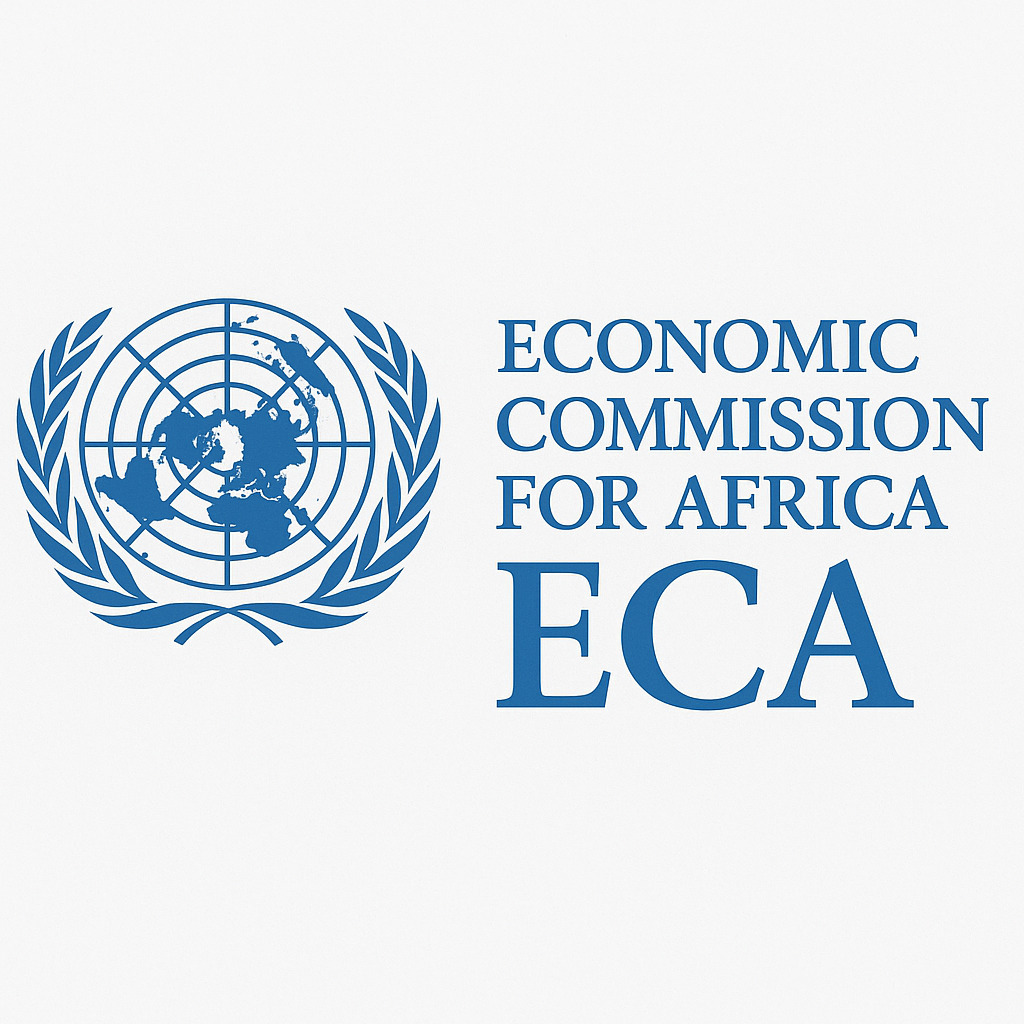Lusaka, June 13, 2025 The UN Economic Commission for Africa (ECA), in collaboration with the Government of Italy, has trained stakeholders from Zambia, Zimbabwe, and Malawi on e-commerce marketing strategies to enhance trade under the African Continental Free Trade Area (AfCFTA).
The five-day workshop, which ended on Wednesday in Lusaka, focused on equipping participants with practical tools to harness e-commerce for export growth and regional market competitiveness.
Speaking at the opening, the Permanent Secretary in Zambia’s Ministry of Commerce, Trade and Industry, Mrs Lillian Bwalya, said the training came at a crucial time as Africa pushes for the full implementation of the AfCFTA.
“I commend UNECA and the Government of Italy for this initiative. The training will empower both public and private sector actors to drive digital trade and improve market access,” she said.
The event was organised by ECA’s African Institute for Economic Development and Planning (IDEP) and the Sub-Regional Office for Southern Africa (SRO-SA), with funding from the Italian Government.
Italian Ambassador to Zambia, Mr Enrico de Agostini, stressed the importance of capacity building for entrepreneurs to ensure long-term development in the region.
UN Resident Coordinator in Zambia, Ms Beatrice Mutali, also emphasized the need for partnerships to address digital infrastructure gaps, payment systems, and policy frameworks necessary for effective e-trade.
ECA Sub-Regional Director, Ms Eunice Kamwendo, said the workshop was part of ECA’s broader effort to implement innovative solutions that support member states under the AfCFTA.
“With a projected US$3.4 trillion market, AfCFTA presents opportunities to reshape value chains, foster innovation, and boost youth employment,” Kamwendo noted.
Presentations at the workshop highlighted ECA’s ongoing support to countries in areas such as digital trade protocols, national AfCFTA strategies, and green trade transitions.
Key facilitators included Ms Zodwa Mabuza, Chief of Sub-Regional Initiatives, who discussed harmonisation of rules for digital trade, and Ms Bineswaree Bolaky, Economic Affairs Officer, who presented on AfCFTA instruments and digital trade policy frameworks.
The sessions were led by Mr Fabio Santoni of ASeS-CeFor, with participants engaging in simulations and scenario-based learning.
At the closing ceremony, Mr Aime Mbatkam of IDEP presented certificates to participants.
Under Phase II of the project, seven countries – Cameroon, DR Congo, Gabon, Malawi, Mauritania, Zambia, and Zimbabwe – have benefitted from e-trade readiness and stakeholder capacity assessments to support AfCFTA implementation.







